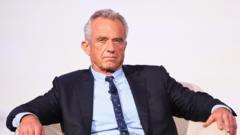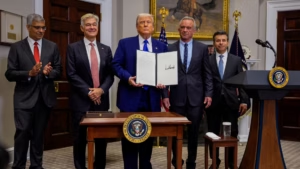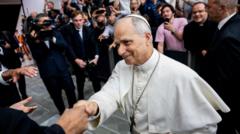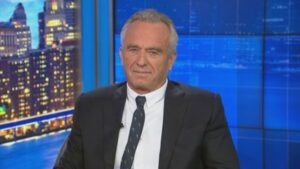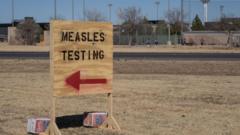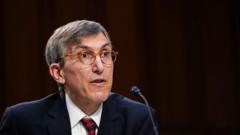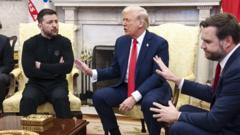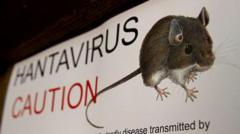A potential nationwide ban on pharmaceutical ads is garnering attention, as HHS Secretary Robert F. Kennedy Jr. prepares to challenge an industry long criticized for its dominance over public health narratives and media. This bold policy, if enacted, could align the U.S. with other countries that prohibit direct-to-consumer pharmaceutical advertising.
Nationwide Ban on Pharmaceutical Ads? RFK Jr. Aims to Transform Public Health Messaging
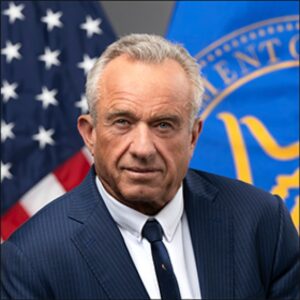
Nationwide Ban on Pharmaceutical Ads? RFK Jr. Aims to Transform Public Health Messaging
HHS Secretary Robert F. Kennedy Jr. is leading the charge against pharmaceutical advertising as a means to reshape the public's perception of health.
Widespread speculation about the implications of this decision is already stirring debate. Political commentator Liz Wheeler asserts that the ban could devastate corporate media, which she claims relies heavily on funding from pharmaceutical ads. Without this financial support, many news organizations might face layoffs and even closure, potentially leading to a stark reduction in media outlets.
Conversely, Wheeler predicts that the absence of Big Pharma advertisement dollars could liberate the press from its financial ties, allowing for more honest reporting on critical issues, including pharmaceutical misconduct and the relationship between major medical associations and regulatory agencies. She describes the current media landscape as one where silence on pharmaceutical abuses reigns, alleging that this has been facilitated by a "money laundering scheme" that benefits corporate interests.
If Kennedy Jr.'s campaign to prohibit pharmaceutical ads gains momentum, it could illuminate the ties between pharmaceutical corporations and media organizations, making way for investigations into long-ignored topics in the public health sector.
Such developments reveal the evolving dynamics of advertising's role in news media and health communications—a landscape that may face significant shifts should RFK Jr.'s initiative take hold.
Conversely, Wheeler predicts that the absence of Big Pharma advertisement dollars could liberate the press from its financial ties, allowing for more honest reporting on critical issues, including pharmaceutical misconduct and the relationship between major medical associations and regulatory agencies. She describes the current media landscape as one where silence on pharmaceutical abuses reigns, alleging that this has been facilitated by a "money laundering scheme" that benefits corporate interests.
If Kennedy Jr.'s campaign to prohibit pharmaceutical ads gains momentum, it could illuminate the ties between pharmaceutical corporations and media organizations, making way for investigations into long-ignored topics in the public health sector.
Such developments reveal the evolving dynamics of advertising's role in news media and health communications—a landscape that may face significant shifts should RFK Jr.'s initiative take hold.


